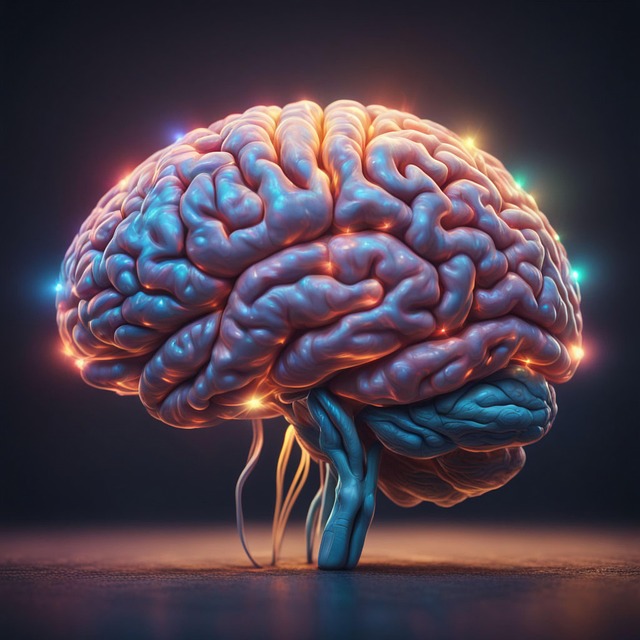Introduction: What Is an Autonomic Nervous System Disorder?
The autonomic nervous system acts like a silent conductor, managing vital body functions such as heart rate, breathing, and digestion without conscious effort. But when this system malfunctions, known as an autonomic nervous system disorder, harmony turns to chaos. Symptoms like sudden dizziness and fainting can emerge, leaving people confused and concerned. This disorder affects organs like the heart, blood vessels, and digestive system, disrupting the body’s balance. In this article, we’ll explore the causes, symptoms, and management of this medical puzzle in a clear and approachable way.

Symptoms of Autonomic Nervous System Disorders
Autonomic nervous system disorders trigger symptoms that can mimic other conditions, making them tricky to identify. Here’s a breakdown of the most common ones and how to distinguish them:
- Dizziness: A spinning sensation, often when standing up quickly, caused by low blood pressure (orthostatic hypotension). Unlike ear-related dizziness (e.g., Meniere’s disease), which may include ringing or hearing loss, this type occurs within seconds of changing posture.
- Fainting: Temporary loss of consciousness due to reduced blood flow to the brain, often after standing for long periods. Unlike sudden cardiac fainting, which may involve chest pain, this type is preceded by dizziness or nausea.
- Rapid Heartbeat: Palpitations, especially when standing (e.g., Postural Orthostatic Tachycardia Syndrome – POTS). If it occurs without triggers or with pain, it could signal a heart rhythm issue instead.
- Digestive Issues: Nausea, constipation, or diarrhea unrelated to specific foods. Unlike food sensitivities, these symptoms persist and may accompany sweating or dizziness.
- Abnormal Sweating: Excessive or absent sweating, disproportionate to temperature. Unlike anxiety-induced sweating or hyperthyroidism (with fever), it’s linked to posture or blood pressure changes.
For more details on causes, check out Mayo Clinic.
How Common Are Autonomic Nervous System Disorders?
Autonomic nervous system disorders affect millions worldwide and are more common in people with chronic conditions like diabetes, Parkinson’s disease, or post-viral syndromes. They’re also prevalent in high-stress environments, where anxiety or poor lifestyle can worsen symptoms. Causes include:
- Genetic Factors: Inherited conditions affecting nerve function.
- Neurological Injuries: Such as spinal cord damage.
- Autoimmune Reactions: The body mistakenly attacking its nerves.
- External Triggers: Dehydration, medications, or vitamin deficiencies.
This variety makes diagnosis complex, but awareness and medical follow-up can help manage it effectively.
Treatment Options
Treatment depends on symptoms and causes, often involving medications with active ingredients like:
- Fludrocortisone: Increases blood volume to stabilize blood pressure.
- Midodrine: Constricts blood vessels to reduce dizziness.
- Propranolol: Slows rapid heart rate in conditions like POTS.
- Ivabradine: Regulates heartbeat.
- Pyridostigmine: Boosts nerve signals, aiding muscle control.
Always consult a doctor to determine the right treatment plan.
Daily Tips for Managing Symptoms
- Stay Hydrated: Drinking plenty of water helps maintain blood pressure. Learn more about managing low blood pressure (#).
- Change Positions Slowly: Avoid sudden standing to prevent dizziness.
- Eat Small Meals: Reduces digestive strain.
- Exercise Lightly: Walking improves circulation.
Conclusion
Autonomic nervous system disorders can cause puzzling symptoms like dizziness and fainting, but they’re manageable with the right approach. By understanding the symptoms, causes, and treatments, you can take control of your health. If you experience these issues, note their patterns and consult a doctor for an accurate diagnosis.
